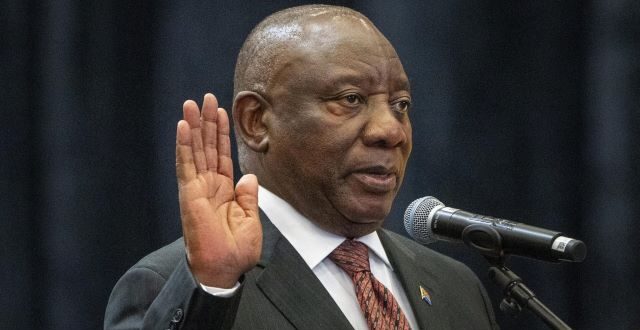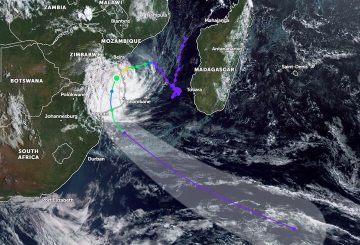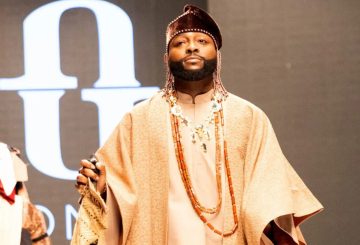South Africa’s Cyril Ramaphosa was sworn in for a second full term as president on Wednesday, marking a significant moment in Pretoria at the Union Buildings, the seat of government. This milestone comes after the weakened African National Congress (ANC) secured a coalition deal to maintain power.
Chief Justice Raymond Zondo administered Ramaphosa’s oath of office in a ceremony attended by lawmakers, foreign dignitaries, religious and traditional leaders, and a throng of cheering supporters. The 71-year-old president expressed his commitment to the nation with the words, “In the presence of everyone assembled here, and in full realisation of the high calling I assume as President… I, Matamela Cyril Ramaphosa, swear that I will be faithful to the Republic of South Africa.”
The inauguration followed a recent general election on May 29, where no party achieved an outright victory. Despite this, lawmakers voted overwhelmingly to re-elect Ramaphosa, ensuring his continuation in office. The event saw attendance from several prominent heads of state, including Nigerian President Bola Ahmed Tinubu, Angola’s Joao Lourenco, Congo Brazzaville’s Denis Sassou Nguesso, and Eswatini’s King Mswati III.
The celebration began early in the morning, with guests arriving in suits, fancy dresses, and coats to ward off the winter chill. Amid heavy police presence, VIPs, some singing anti-apartheid struggle songs, gathered in a small amphitheater within the grand sandstone building. Outside, other attendees, many waving South African flags, enjoyed performances by dancers and musicians on a large stage.
Following the oath, a band played the national anthem, and the ceremony was capped off with a 21-gun salute and a flyover by army helicopters trailing large South African flags.
Third Time Lucky
This inauguration marks the third time Ramaphosa has taken the oath of office. The former trade unionist and millionaire businessman first ascended to power in 2018 after his predecessor, Jacob Zuma, was ousted amid corruption allegations. He was then re-elected for a full five-year term in 2019. In South Africa’s political system, voters elect parliament members, who in turn vote for the president.
Ramaphosa’s tenure has been a blend of promises and challenges. He pledged a new dawn for South Africa, initiating an anti-corruption drive and beginning reforms in the failing energy sector. However, the country has struggled under his leadership, with persistent power cuts, a high crime rate, and unemployment soaring to 32.9 percent.
In the most recent election, the ANC secured only 40 percent of the vote, a steep decline from 57.5 percent five years prior. For the first time since the dawn of democracy in 1994, the ANC lost its parliamentary majority and was compelled to form a coalition government. This coalition includes the centre-right Democratic Alliance (DA), the Zulu nationalist Inkatha Freedom Party, the anti-immigration Patriotic Alliance, and the small centre-left GOOD party.
This alliance allowed Ramaphosa to fend off a last-minute challenge from Julius Malema, a firebrand leftist politician, with 283 lawmakers in the 400-seat National Assembly voting in his favor. However, the coalition has not been without controversy, facing opposition from the left, including Malema’s Economic Freedom Fighters and former president Zuma’s uMkhonto weSizwe (MK).
The MK party, which came third in the election, has contested the results, denouncing Ramaphosa’s inauguration and accusing him of being a puppet of the DA.
- Tags: African National Congress, ANC coalition, anti-corruption drive, Chief Justice Raymond Zondo, coalition government, Cyril Ramaphosa, Democratic Alliance, Economic Freedom Fighters, energy sector reforms, Jacob Zuma, Julius Malema, political coalition, Pretoria, Ramaphosa inauguration, second term, South Africa general election, South African parliament, South African politics, South African President, unemployment in South Africa, Union Buildings





